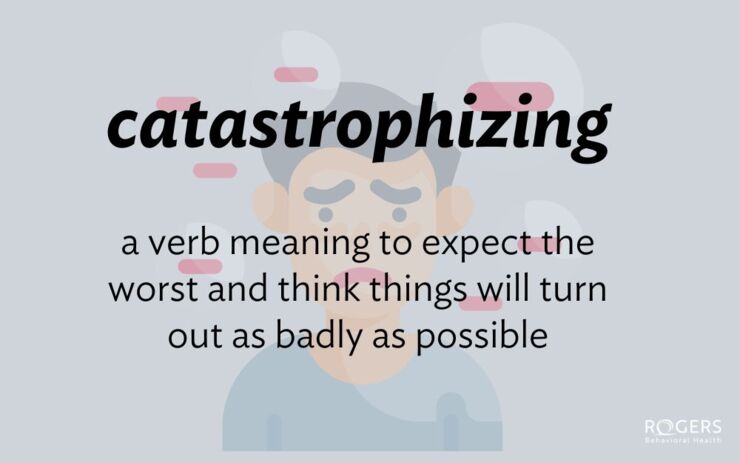The revolving door of detox and how it can be stopped
Posted on 09/02/20 03:27:pm
Share this article:
People who enter inpatient care are frequently seeking help managing withdrawal symptoms or are there due to an emergency situation from drug or alcohol use. But what happens after this short-term treatment, is critical for long-term recovery.
The idea of the revolving door of detox can be summarized by a person entering inpatient treatment but never transitioning to a lower level of care. This will often lead to someone starting to use again, and readmitting to inpatient treatment.
Dr. Ian Powell, MD, addiction specialist at Rogers in West Allis, Wisconsin, says that stopping this cycle can be best accomplished by removing barriers to lower levels of care.
Stopping the revolving door of detox
Dr. Powell says that patients need a full and careful assessment upon admission to inpatient to determine what the next step in treatment should be. This assessment should involve an addiction medicine physician or psychiatrist, social worker, and nurse to identify potential obstacles that would stop the patient from following their recommended treatment path.
“Barriers to treatment need to be identified early to reduce their impact on stepping down to the next level of care,” Dr. Powell says. “Identifying which patients need help with housing and recovery medications is especially important to do before they leave inpatient.”
Supporting someone is key to transitioning to another level of care
Having a support system from family, friends, or an employer can make a big difference in someone’s ability or decision to follow a continuum of care following an inpatient stay.
“Patients who are more likely to begin treatment are those with supportive social groups including peers or family,” Dr. Powell says. “In addition, those who are willing to attend community support meetings are more likely to step down to the next level of care. This could include 12 step meetings such as Alcoholics Anonymous or SMART Recovery.”
Dr. Powell explains that patients can also encounter other roadblocks that halt their treatment, including insurance issues, lack of transportation, technology barriers, childcare, and unemployment. Assisting someone to bypass these obstacles can help ensure they’re able to continue receiving the care they need.
Finding help at Rogers for substance use disorder
When patients admit to Rogers’ inpatient care for substance use and detoxification, they receive counseling and treatment planning to help determine what will be the next steps in their continuum of treatment.
If you would like to learn more or want to seek out treatment at Rogers, call 800-767-4411 for a free, confidential screening or request one online at rogersbh.org/screening-request.



